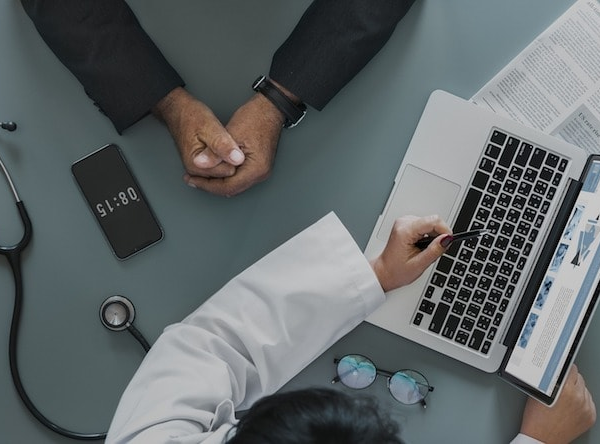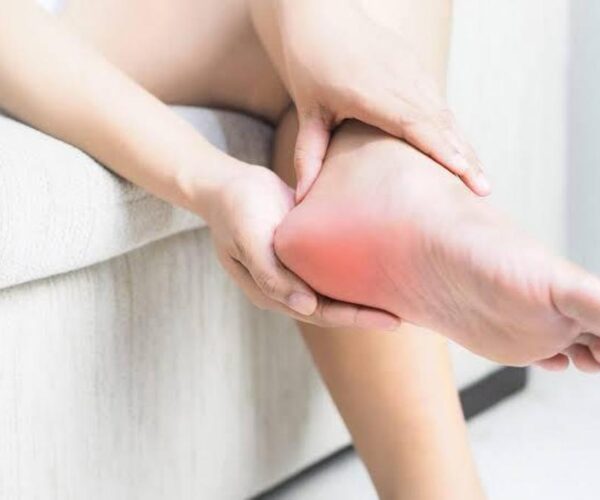If you wish to diagnose depression, your psychiatrist will determine whether you have it through different procedures. The first one includes a physical exam in which a doctor will interview you about your health.
Remember that underlying health issues can lead to depression. Therefore, you should undergo different lab tests, including thyroid and blood count, to ensure everything functions with ease.
By entering here, you will learn more about different psychiatric associations.
A psychiatrist will ask you about thoughts, feelings, symptoms, and patterns of behavior. Therefore, you should fill out a questionnaire to deal with these questions and answer them correctly.
When it comes to mental health professionals, they will use criteria based on DSM-5 or the American Psychiatric Association’s Diagnostic and Statistical Manual of Mental Disorders.
Different Types of Depression

Significant depression symptoms vary from individual to individual. If you wish to determine your type, a doctor will implement a single or more specifier. It means that a particular specifier means you have depression with features.
- Mixed Features – You may have a combination of mania and low state, which will include increased energy, high self-esteem, and talking too much.
- Anxious Distress – It means you are experiencing restlessness, it means you are worried about losing control and potential events.
- Melancholy – Having a severe issue means you will not have a pleasure response as soon as you get up in the morning. The mood will be the worst during this period, while you will experience feelings of sluggishness, agitation, guilt, and changes in appetite. Therefore, you should find a proper psychiatrist to ensure the best course of action.
- Atypical – You may have it with the ability to feel better, happy, sleepy, with increased appetite, heavy feeling in legs and arms, and sensitivity to rejection.
- Psychotic Options – Low state of mind can happen in combination with hallucinations and delusions, involving numerous negative themes and personal inadequacy.
- Peripartum Onset – It happens during pregnancy and few months after delivery
- Catatonia – Some options can affect your motor activities, which means you will have purposeless and uncontrollable posture and movements.
- Seasonal Patterns – For instance, low episodes can relate to changes in seasons and lower sunlight exposure than before.
Potential Disorders Leading to Depression
You should know that some disorders can lead to depression, making it a symptom of underlying mental and physical problems. Therefore, you should get a proper diagnosis, which will help you achieve the best treatment possible.
-
- Bipolar I and II – You should know that bipolar disorder can lead to mood swings ranging from lows to highs. It is challenging to make a difference between depression and this disorder, which is why you should talk with a psychiatrist beforehand.
- Disruptive Mood Dysregulation – Disorder can happen to children and feature severe anger, irritability, and frequent uncontrollable temper. It is a common problem that leads to anxiety in adulthood.
- Cyclothymic Disorder – The symptoms involve both lows and highs that are not as significant as bipolar disorder.
- Premenstrual Dysphoric Disorder – We are talking about a form of depression associated with hormonal changes at least a week before period and a few days onset. However, the process will go after your period stops.
- Dysthymia – We are talking about the persistent depressive disorder, which can come in the form of chronic and severe conditions of depression. Although it is not constant and disabling, it will prevent you from functioning during your daily routine.
- Recreational Drugs – Other options include the problem of using recreational drugs, prescription meds, and other things you consume.
How to Treat It?
It requires a combination of psychotherapy and medication that are effective for people with this condition.
The main goal is to visit a mental health professional to relieve symptoms and get proper medications. Still, people with depression will benefit from visiting mental health experts such as psychologists and psychiatrists.
Of course, if you have a severe problem, you may need inpatient treatment and participation in outpatient options until you improve your symptoms.
You should check out this link: https://www.psychiatry.org/ to learn more information about different psychiatrists.
It is vital to start with medications such as antidepressants to help you out with the process. Still, it would be best if you thought about reactions that will affect your situation. In some cases, you should combine a few meds before finding the one that works for you.
It means you should be patient throughout the process because you will need to wait three weeks to achieve the full effect and adjust your body.




